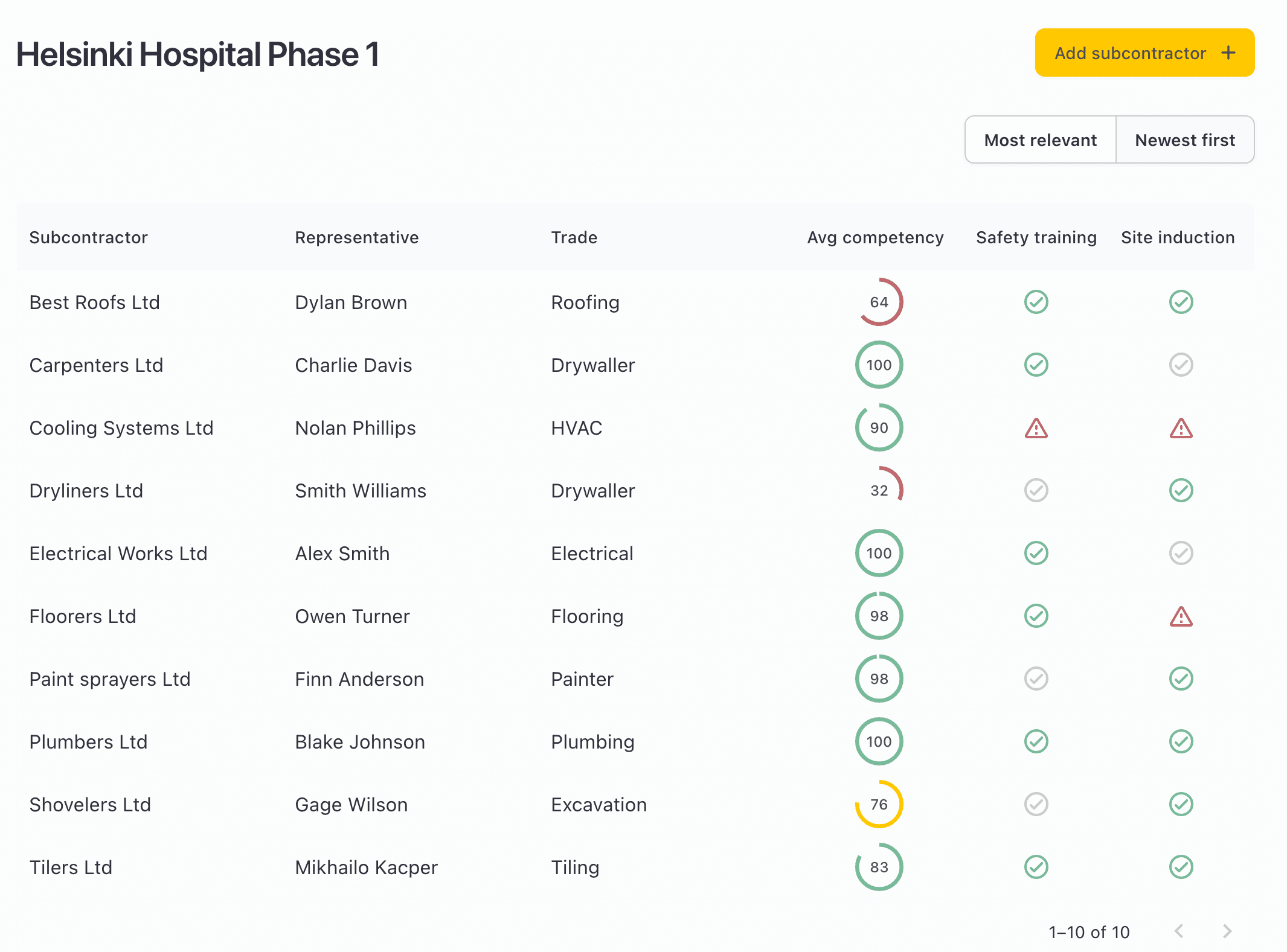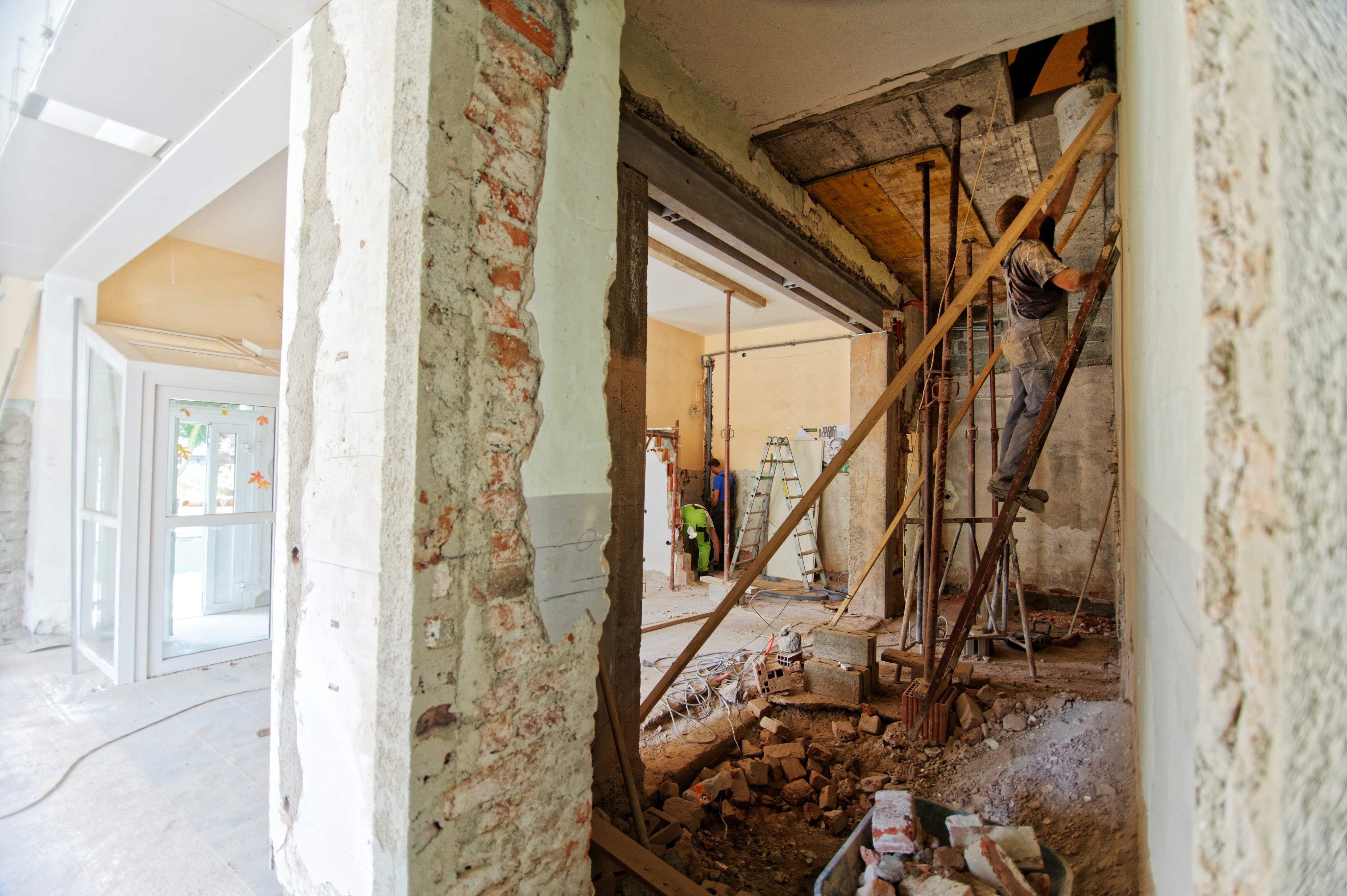When people think of relocating to Europe for work, they often think of professionals with specialized degrees or advanced technical skills. However, there are also numerous opportunities for skilled blue-collar workers to find employment and a better quality of life in Europe. In this blog post, we will explore the options available for blue-collar workers looking to relocate to Europe, and how they can make the most of their skills and experience.
Job Opportunities in Europe
Europe offers a diverse range of job opportunities for blue-collar workers in a variety of fields. The manufacturing industry, for example, is strong in countries such as Germany, France, and Italy, providing employment opportunities for skilled workers in areas such as welding, machining, and assembly. The construction industry is also growing in many European countries, with a high demand for workers skilled in carpentry, drywalling, and plumbing.
One of the benefits of working in Europe is the higher salaries on offer. Although the exact salary will depend on the country and the specific job, blue-collar workers can often earn significantly more than they would in their home country. Additionally, many European countries offer generous benefits such as paid vacation time, sick leave, and health insurance.
Requirements for Blue-Collar Workers
In order to work in Europe as a blue-collar worker, it is important to have the necessary qualifications and work experience. Each country has its own set of requirements, but in general, a vocational qualification or apprenticeship is required, along with several years of work experience in the relevant field. It is also important to have a good command of the local language, particularly in countries such as France and Germany, where fluency is often a requirement.
In addition to the qualifications and work experience required, it is also necessary to have the appropriate visa or work permit. The process of obtaining a visa or work permit can vary depending on the country, but in general, it involves providing evidence of qualifications and work experience, along with proof of employment or sponsorship from a company.
Benefits of Relocating to Europe
There are numerous benefits to relocating to Europe as a blue-collar worker, including the opportunity to earn a higher salary, work in a new and stimulating environment, and experience a new culture. Many European cities also offer a high quality of life, with excellent healthcare, education, and transport infrastructure. In addition, blue-collar workers can often find opportunities to develop new skills and gain valuable experience in their chosen field.
Challenges of Relocating to Europe
Relocating to Europe can be a complex process, with many challenges to overcome. One of the biggest challenges is the language barrier, particularly for those moving to countries where the local language is not English. It is essential to have a good command of the local language in order to communicate effectively with colleagues and clients, and to navigate daily life in a new country. However, many European countries offer language classes and other resources to help newcomers improve their language skills.
Another challenge of relocating to Europe is adapting to a new culture and way of life. Customs and social norms can vary significantly between countries, and it can take time to adjust to new ways of doing things. Additionally, blue-collar workers may face challenges such as discrimination or prejudice, particularly in countries where immigration is a sensitive political issue. However, with patience, perseverance, and a willingness to learn and adapt, it is possible to overcome these challenges and build a successful career in Europe.
Conclusion
Relocating to Europe as a blue-collar worker can be a challenging but rewarding experience. With the right qualifications, work experience, and language skills, it is possible to find employment in a variety of fields and earn a higher salary than in one's home country.
—
If you need any help in those topics then you should contact us at martin@werk.eu or look at our services by visiting https://werk.eu/














